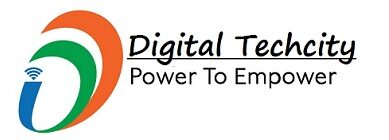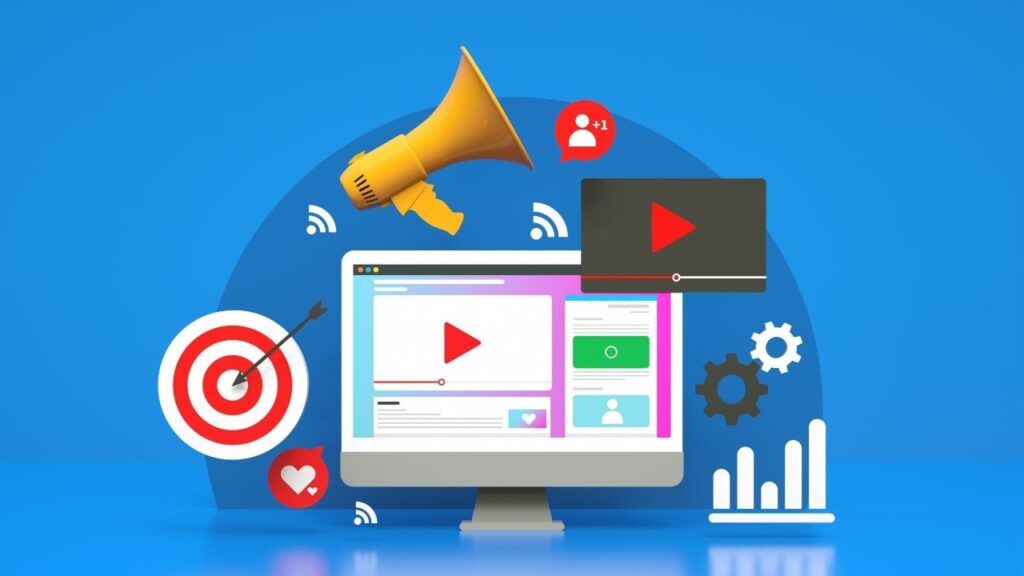Digital marketing is the process of getting people to take any action on your digital property, such as clicking a link or purchasing a product. If you’re not generating digital leads and sales from your digital marketing Columbus, Ohio efforts, it’s time to rethink what you’re doing. This article will talk about how to plan and start a digital advertising campaign using a Columbus digital marketing agency for your business.
What is a digital marketing plan?
A digital marketing plan is a set of digital marketing strategies and tactics that align with your business goals. It’s an essential document, not only for digital marketing agency Columbus but also for the entire company, as it shows how digital helps achieve strategic objectives and achievements in advance of defined targets such as leads generated or sales achieved.
What does a marketing plan look like?
Marketing plans vary from business to business, but they are all usually split into three main sections:
–Business Strategy and Objectives. This talks about how digital marketing will help companies achieve their goals.
–Marketing Strategy and Objectives. This section defines how digital channels such as social media, search engine optimization (SEO), and paid advertising will be used to meet stated objectives in line with business strategy.
–Key Performance Indicators (KPIs). These are measurable metrics that can be used to assess digital marketing’s contribution towards business objectives.
How to plan and start a digital advertising campaign
To plan and start digital advertising campaigns, a digital marketing plan should include the following:
- Define your business brief.
This involves analyzing your market, researching your competitors, and defining goals and objectives.
- Analyze your market. Market analysis is an investigation into digital marketing’s impact on business.
- Research, your competitors. Understanding what is happening in digital marketing will allow you to anticipate changes and plan future campaigns accordingly.
- Define goals and objectivesfor digital marketing activities (for example, increased leads or sales). This requires an understanding of a company’s wider strategies and how digital media can support these plans.
- Define your budget
You need to know what your budget is to start planning and executing your digital marketing plan.
- Resource allocation: How will you allocate resources for different parts of the campaign? Figuring this out will help you to know how much money and time you should spend on each part of your digital marketing plan.
- What assets will you need?You need to know what assets you will need for your Columbus digital marketing company. This includes staff, equipment, and software such as CMS platforms or CRM solutions, which help you track customer data more effectively.
- Consider distribution strategy (PPC?). The message’s route should be planned too; this could include paid search ads on Google or social media advertising using a digital marketing agency in Columbus, Ohio. The same principle applies whether those routes take place online or offline-think about billboards if you’re planning an outdoor campaign, for example.
- Define buyer personas
Defining your buyer personas is a key part of your Columbus digital marketing plan. As each persona will have different needs, it’s important to understand who they are and how you can meet their requirements through the use of effective content creation (including social media posts and blog articles)
- Understand their challenges and goals. It is essential to understand the difficulties that your Columbus digital marketing persona is struggling with. For example, if they are a business owner looking to grow their company, how can you help them?
- Identify themes and keywords. Identifying relevant Columbus digital marketing topics could be as simple as using Google Trends to identify seasonal or industry-related trends in consumer behaviour. Meanwhile, effective SEO strategies should automatically incorporate key Columbus digital marketing words into blog posts and social media content; this will increase paid ads’ visibility down the line.
- Select the appropriate marketing tools/channels. Different digital marketing goals and objectives will require various tools. For example, a lead generation campaign could use LinkedIn advertising because of its focus on B-to-C interactions, whereas an increase in brand awareness might need Facebook ads to reach more people organically.
- Content Development
Content development is key to any Columbus digital marketing company’s plan. But it should be a natural part of your SEO strategy too.
- Awareness. Creating content around Columbus, Ohio, and digital marketing will help raise awareness of your brand online. This means more people visiting the site or seeing paid ads in their feeds (organic traffic).
- Convert. The ultimate aim is to convert visitors into customers, but often that can take time, so you need to build an audience first by creating regular, high-quality blog posts on relevant topics which are well-researched and contain useful information. By doing this, you’ll create value for readers along with valuable backlinks pointing back to pages on your website-improving its search engine rankings over time as a result.
- Nurture. Content is still important after the initial stages of a campaign, but it takes on a slightly different role. This stage focuses more on keeping your audience engaged and interested in what you have to say – perhaps through helpful insights or industry news, as well as highlighting new products/services available.
- Implementation
It is vital that you set out a clear plan for how you intend to implement the campaign in question. This needs to include key details, such as:
- Time plan. When each stage of your campaign should occur, and how long it will last for; ICS, which are well-researched and contain useful information. By doing this, you’ll create value for readers along with valuable backlinks pointing back to pages on your website-improving its search engine rankings over time as a result.
- Asset Creation. How you’ll create the assets required for your campaign. It’s important to plan and work out how much time each task will take.
- Distribution Plan. A map of where your content will go, who will do the distributing, and when they intend to complete their tasks.
- Reporting
In the reporting stage of your plan, you’ll want to track how your campaign is performing against its goals and success metrics.
- Track. This involves consistently monitoring the performance of your campaign and how it’s tracking against its goals.
- Measure. You’ll need to define what success looks like for each goal you’ve laid out in the planning stage so that you can accurately measure whether or not those business objectives have been achieved at any point during your campaign.
- Adapt. As with all good marketing campaigns, looping back on course corrections is standard practice when things don’t go according to plan-this way, you’re able to optimize as you learn from experience rather than wasting time trying to fix something that isn’t broken.
Conclusion
A digital advertising campaign has many moving parts, so you must have a plan in place to ensure your dollars are spent wisely. Start by planning for the long term: define what success would look like and where each of those goals should be met. Next, decide on which marketing tools/channels will help turn your buyer personas into leads (and then customers) while keeping costs down as much as possible. Unless the budget is limitless, content development must come next, consider how you can support efforts at awareness with promotional assets such as mailers or retargeting ads; convert visitors who’ve landed on-site pages through lead nurturing tactics and continue engaging prospects via relevant messaging after their first visit has been completed.

